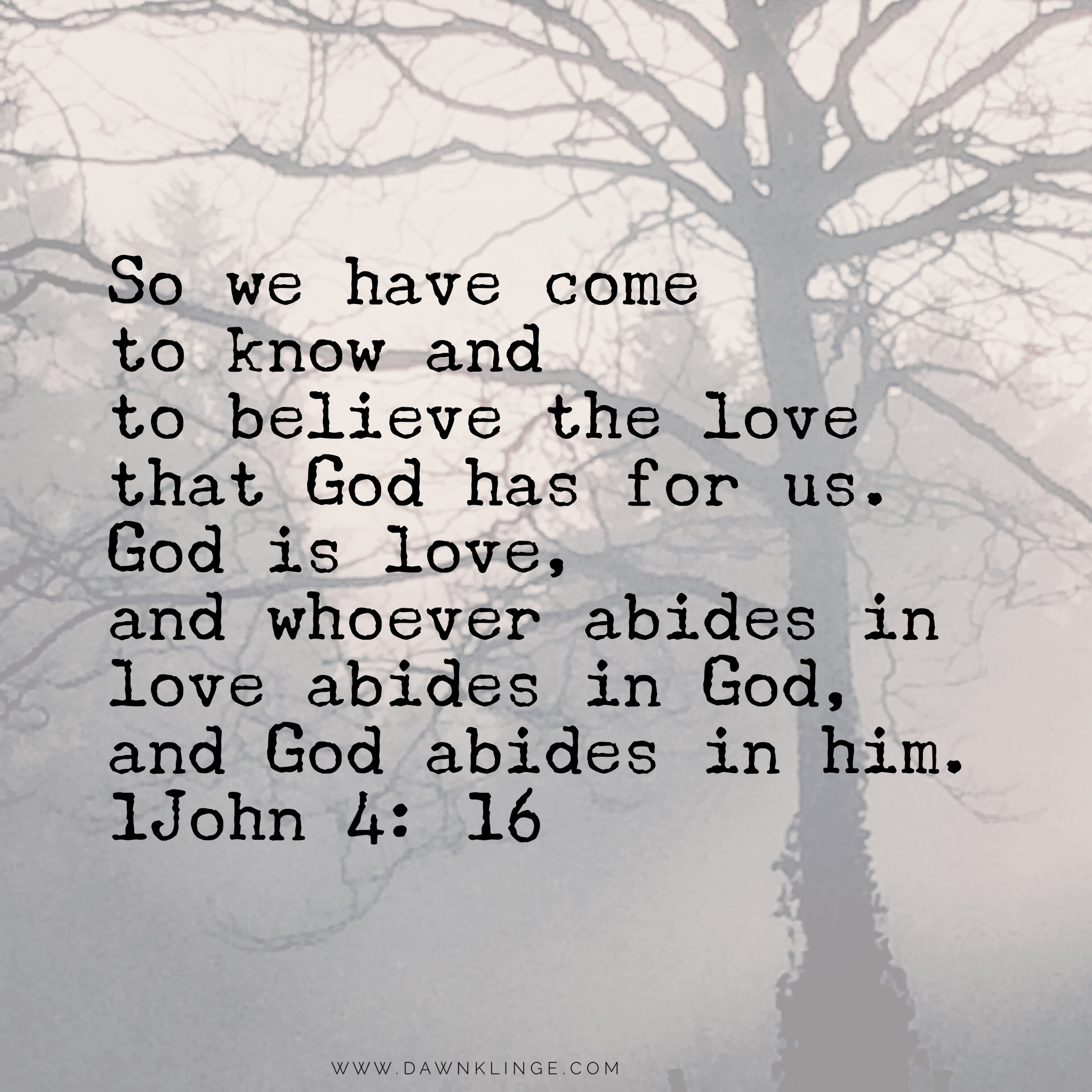In folklore, the witching hour or devil's hour is a time of night that is associated with supernatural events, whereby witches, demons and ghosts are thought to appear and be at their most powerful. Definitions vary, and include the hour immediately after midnight and the time between 3:00 am and 4:00 am.
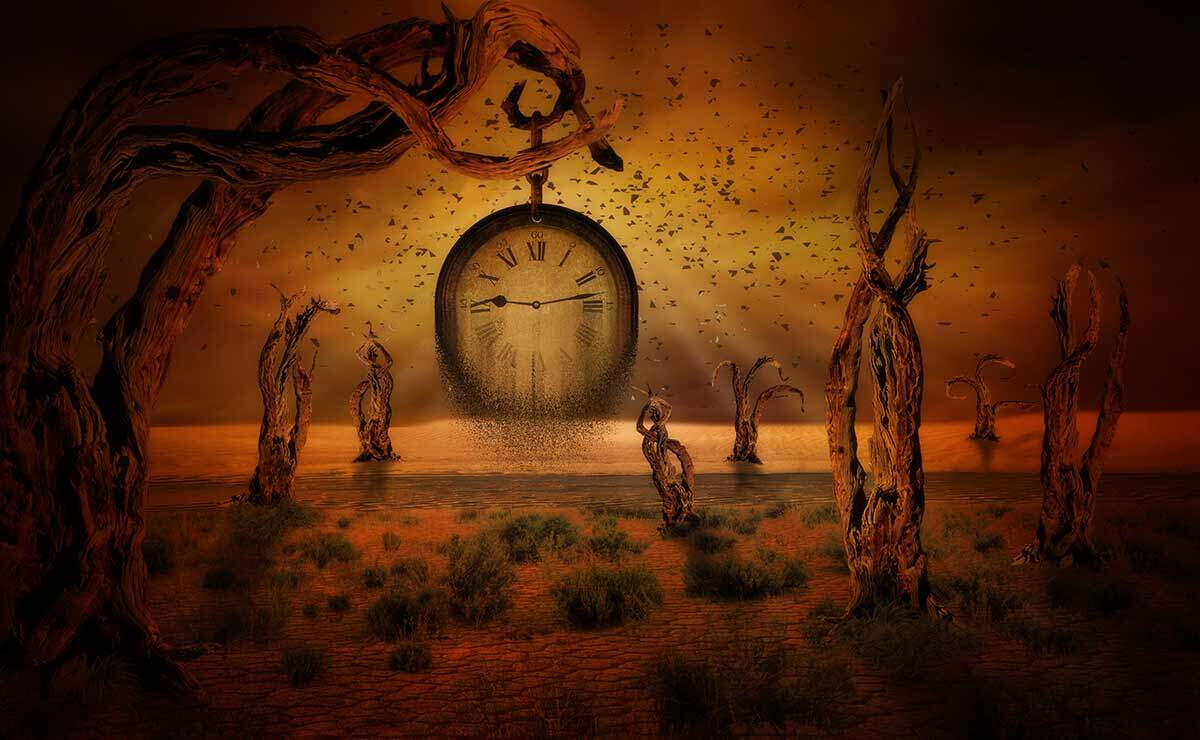
The term now has a widespread colloquial and idiomatic usage that is associated with human physiology and behaviour to more superstitious phenomena, such as luck.
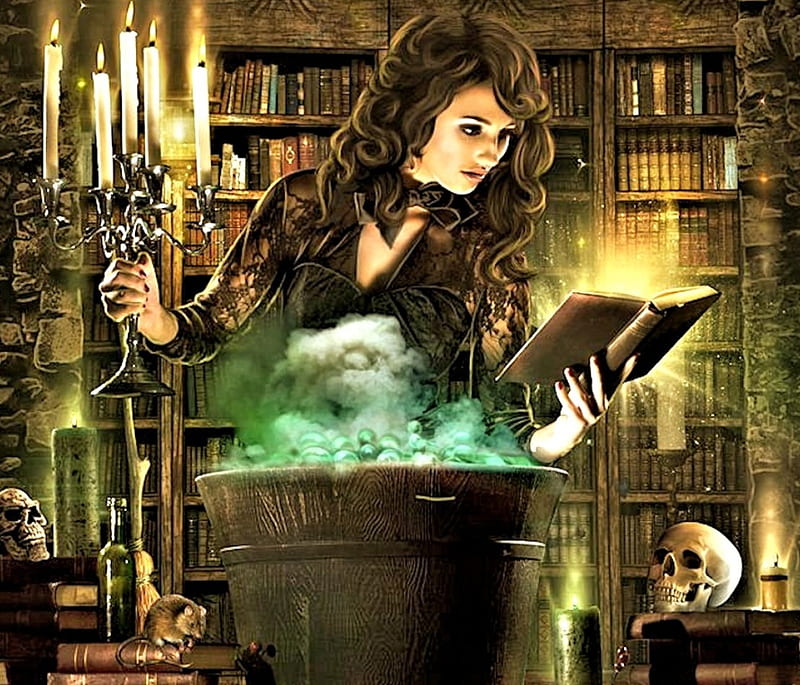
The phrase "witching hour" began at least as early as 1762, when it appeared in Elizabeth Carolina Keene's Miscellaneous Poems. It alludes to Hamlet's line "Tis now the very witching time of night, When Churchyards yawne, and hell it selfe breakes out Contagion to this world."
There are multiple times that can be considered the witching hour. Some claim the time is between 12:00 am and 1:00 am, while others claim there is increased supernatural activity between sunset and sunrise. The New Zealand Oxford Dictionary identifies midnight as the time when witches are supposedly active.
During the time in which this term originated, many people had sleeping schedules that meant they were awake during the middle of the night. Nonetheless, there is psychological literature suggesting that apparitional experiences and sensed presences are most common between the hours of 2:00 am and 4:00 am, corresponding with a 3:00 am peak in the amount of melatonin in the body.
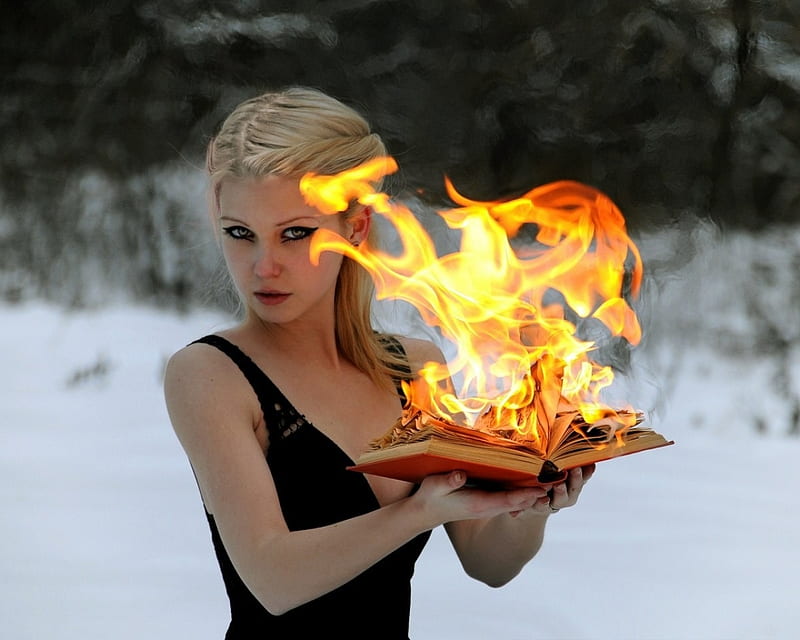
The idea of the witching hour may stem from the human sleep cycle and circadian rhythm – the body is going through REM sleep at that time, where the heart rate is slower, body temperature reduced, breathing pattern and blood pressure irregular. Sudden awakening from REM sleep could cause agitation, fear and disorientation in an individual.
During REM sleep, which usually occurs within the witching hour, unpleasant and frightful sleep disturbances such as parasomnias can be experienced, which include nightmares, rapid eye movement sleep behavior disorder, night terrors, sleepwalking, homicidal sleepwalking and sleep paralysis.
During the night and well into the witching hour, symptoms of illnesses and conditions such as lung disease, asthma, flu and common cold seem to exacerbate because there is less cortisol in the blood late at night and especially during sleep. As such, the immune system becomes very active and white blood cells fight infections in the body during sleep, and this would thereby worsen the symptoms of fever, nasal congestion, cough, chills and sweating.
Why do I wake at 3.30 am?
If you wake up at 3 a.m. or another time and can't fall right back asleep, it may be for several reasons. These include lighter sleep cycles, stress, underlying health conditions, or even environmental factors.

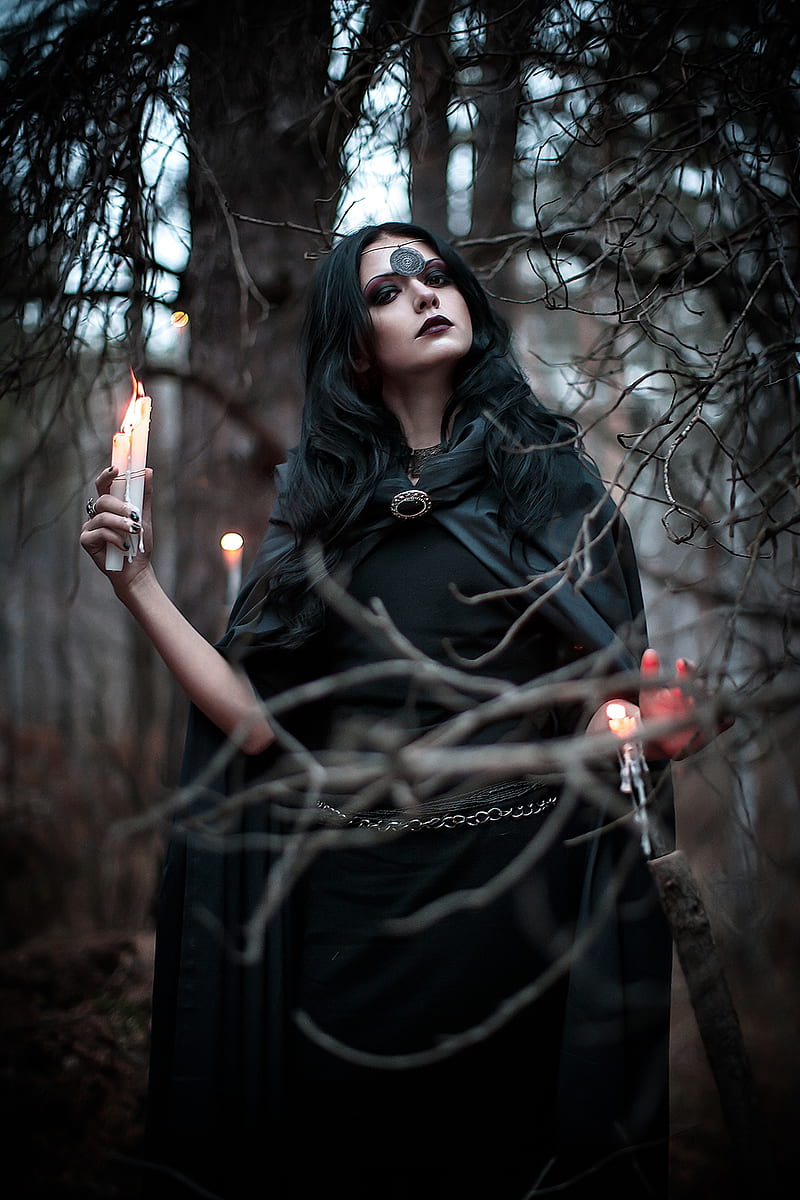
Is 3:33 am a bad time?
Waking Up at 3:33am: 333 The Witching or Devil's Hour 3:33 The reason why some people call 3:33 am the 'witching hour' is because most people wake up at that time if something disturbs you from the deep sleep stage. It may not be surprising to find the TV turned on, or hear footsteps next door when you wake up.

Is 5 hours of sleep enough?
Experts recommend adults get at least 7 hours of sleep per night for better health. Consistently getting less than 5 hours of sleep can have adverse effects on physical and mental health. Inadequate sleep can impact memory, mood, concentration, immunity, and overall quality of life.
What happened to Jesus at 3 o clock?
Jesus died at 3.00 p.m. (3 O'clock in the afternoon). This was the very time that the Jews killed the Passover Lamb in the temple. The temple was the special building in Jerusalem where the Jews met to give honour to God. The Passover Lamb was a young sheep.
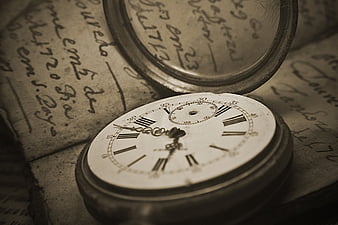
What happens at 3am in the Bible?
Church teaching says nothing about the time of 3 a.m. However, in popular culture it has become known as the “devil's hour.” This is because Gospel tradition reports that Jesus died at 3 p.m., and so—because the devil likes to mock God—the inverse hour of 3 a.m. is considered the time the devil chooses to manifest most ...




